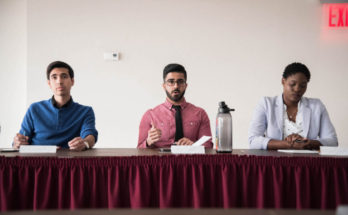Michael R. Bloomberg often cites that he wants to be remembered as the, “education mayor”. Unfortunately, he should consider another title.
Let`s start from the beginning. When Mayor Bloomberg assumed office on January 1st, 2002; the educational system in the city of New York was on the decline. Classrooms were overcrowded, school buildings were failing a part, and he lacked control over schools in the city.
However, after 12 years in office, Mayor Bloomberg revamped public education. After gaining control of the schools; the Mayor gave principals more power over their budgets, made teacher tenure difficult to obtain, and closed thousands of “failing schools”, replacing them with smaller schools while opening tons of charters in poor and middle class neighborhoods.
For some the question is, “How can you tell if a school is failing?”
The answer lies in a yearly, “Progress Report”, which Mayor Bloomberg implemented not too long ago. Grades are determined by student progress, performance on state exams, the school`s environment, college readiness, and closing the achievement gap.
Doesn’t sound too bad right? Well, the truth of the matter is, the report does not reflect the real situation.
Here are the facts: the Bloomberg Administration sabotaged once great schools by failing to provide them with adequate resources, disregarded the concerns of students and parents, and criticized teachers when the results were not up their “expectations”.
And this trend continued over and over again. The end result of these tactics? Well, just walk by a public high school and try to count how many schools are located in one building.
Leonie Haimson of Class Size Matters says, “From what I can tell, these [large schools in NYC] were actually good schools that provided a very good education for generations of students… And then the rug was pulled out from under them by the Bloomberg administration.”
Now, enter Mayor-Elect Bill De Blasio. While campaigning for office, Mr. De Blasio spoke directly to students, teachers, and parents promising to work with struggling schools, not pulling the plug on them.
And now he must deliver.
De Blasio should not only increase funding for public education, he must create and expand CTE (Career & Technical Education) institutions which focuses on high wage and high skilled jobs, increase the amount of support services in schools, reduce class sizes, recruit world class teachers, and ensure that students are prepared for college and beyond.
And aside from education from K-12, De Blasio must invest in CUNY, which was not immune to the educational turmoil of the past twelve years. After all, ask any CCNY student and they`ll tell you, “We sure could use some funding to fix the Wi-Fi problem.”



